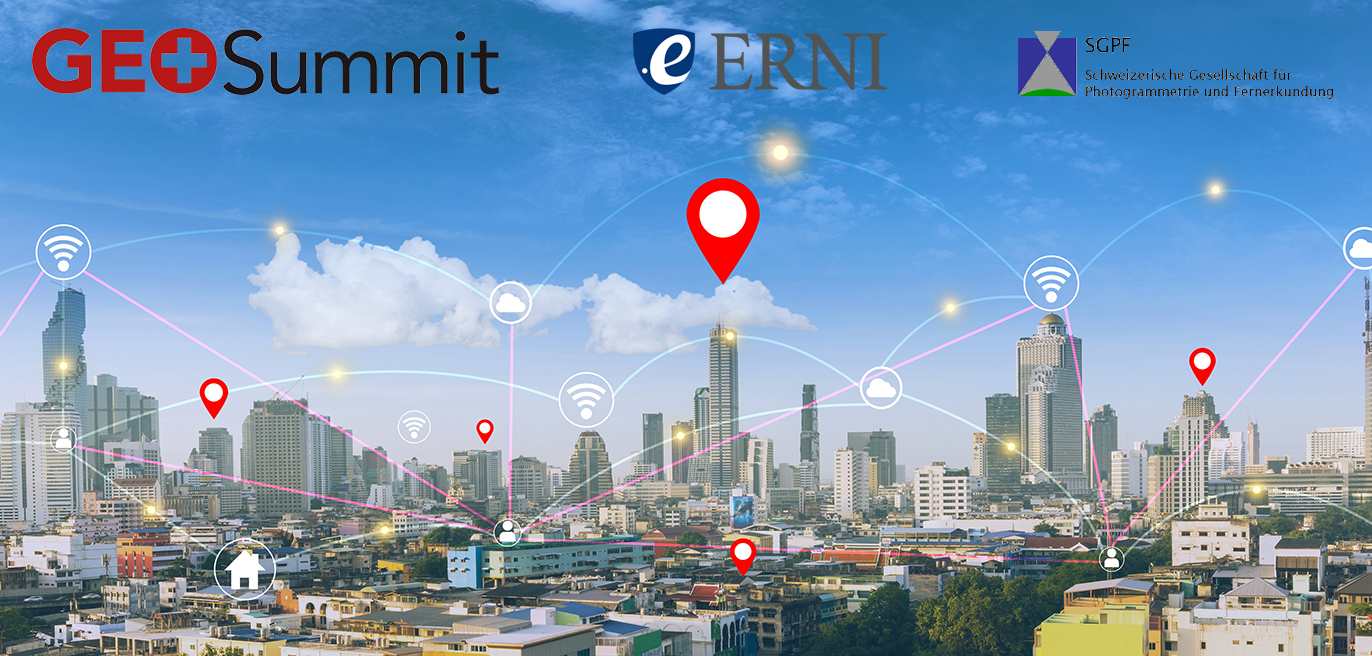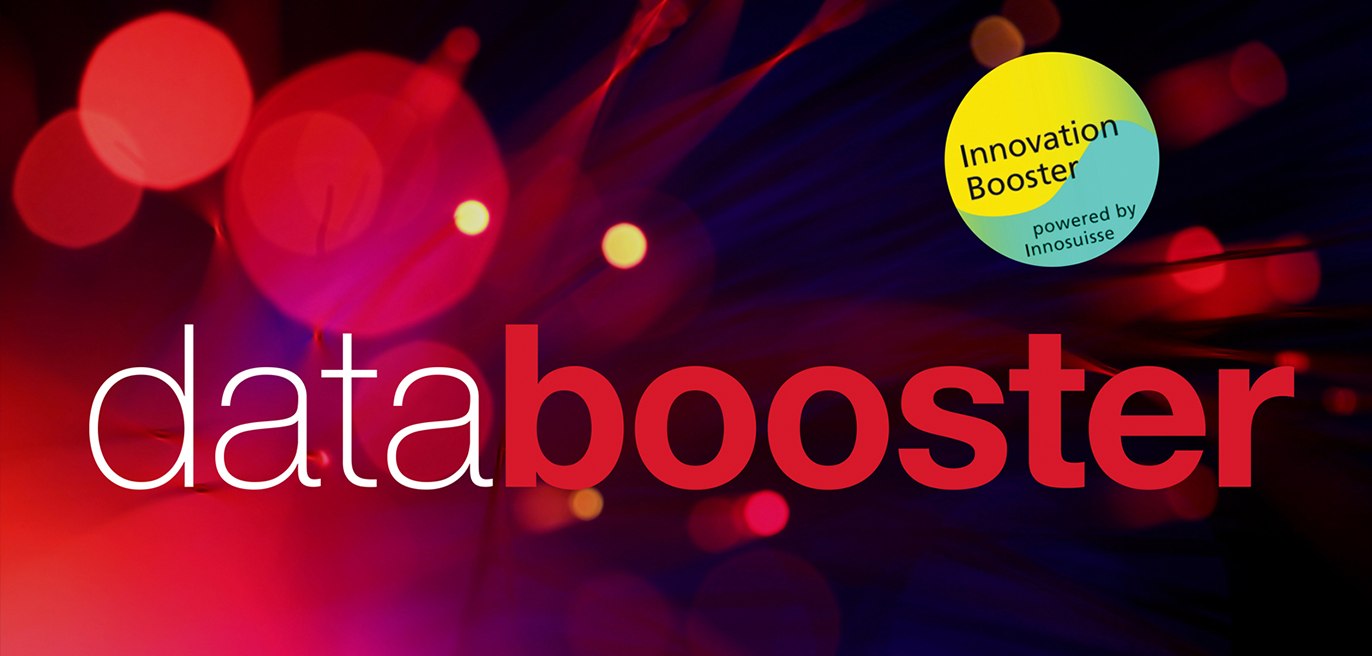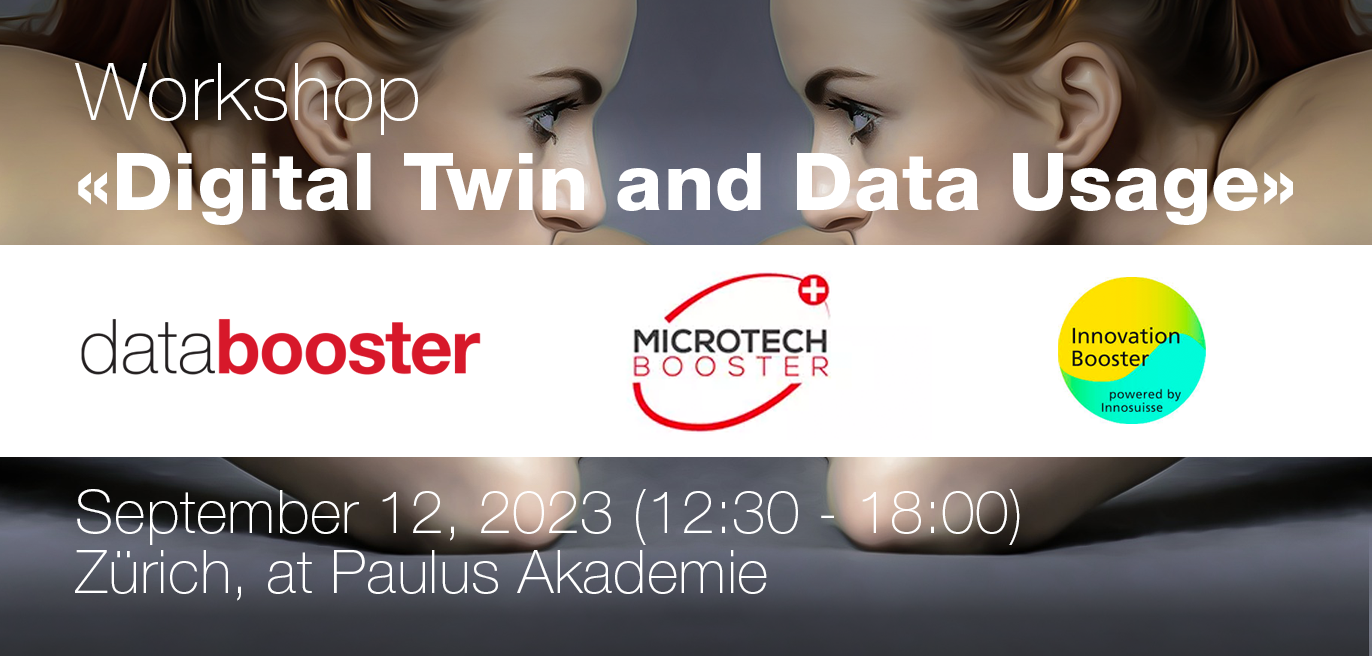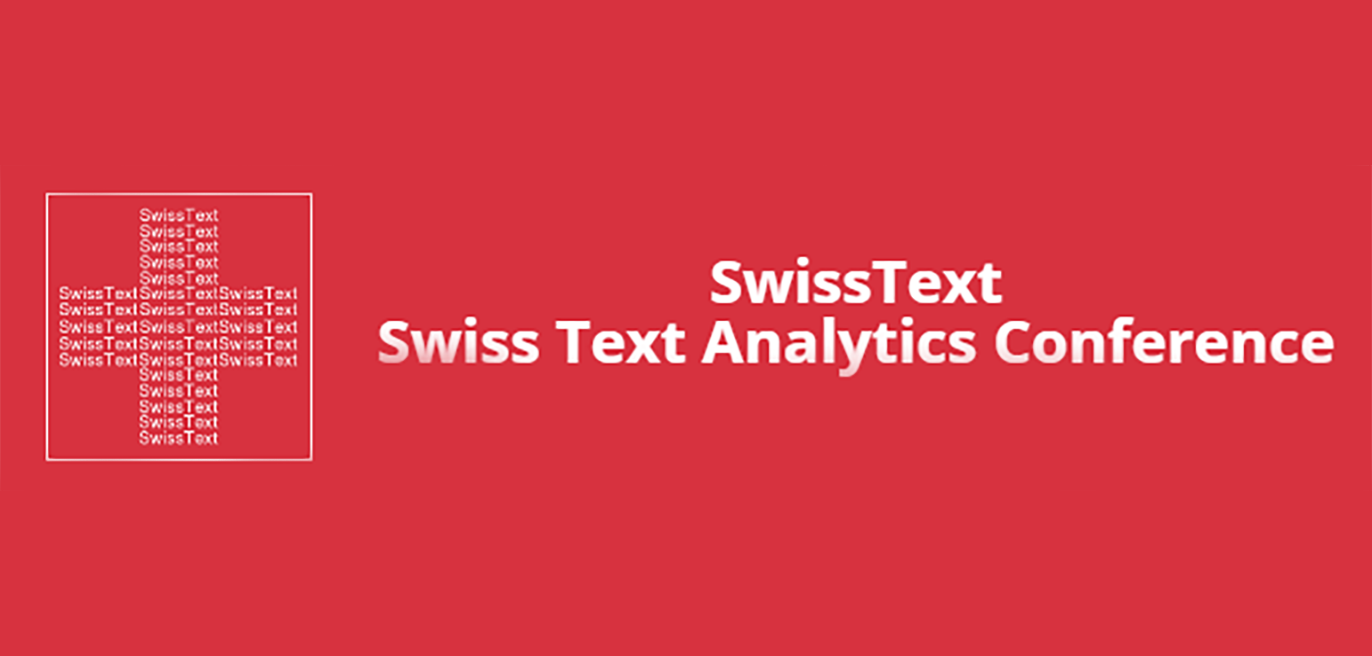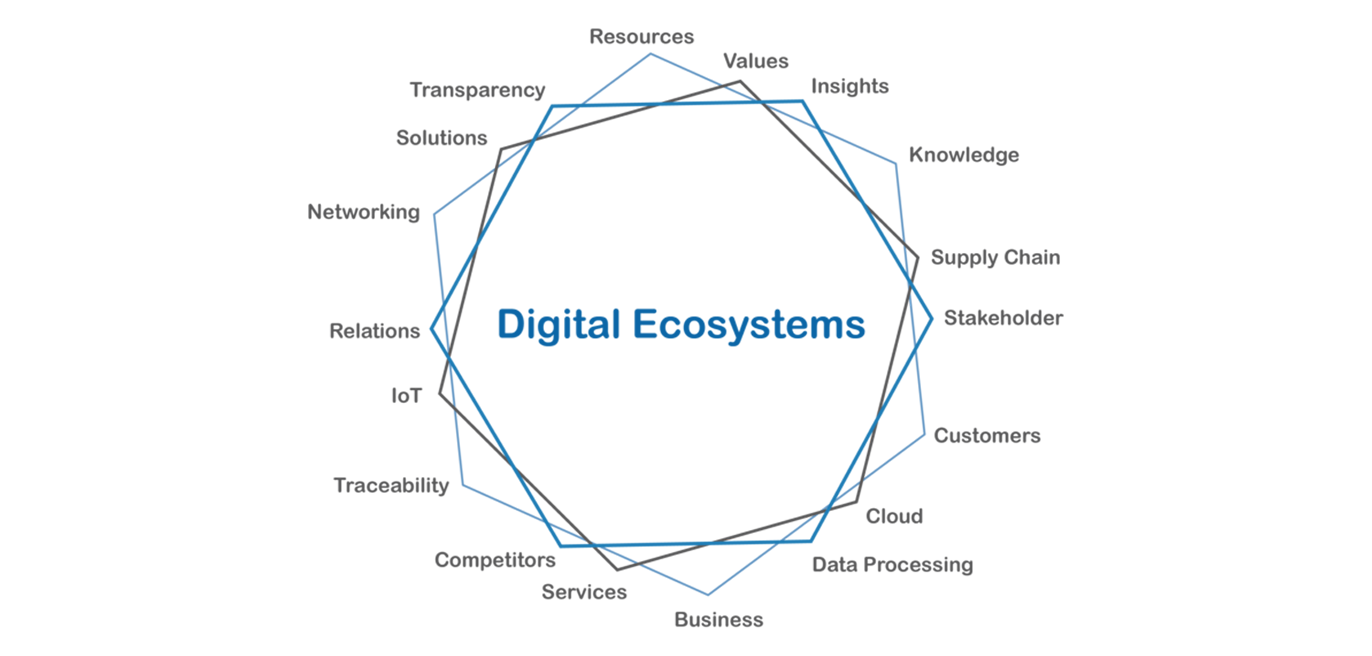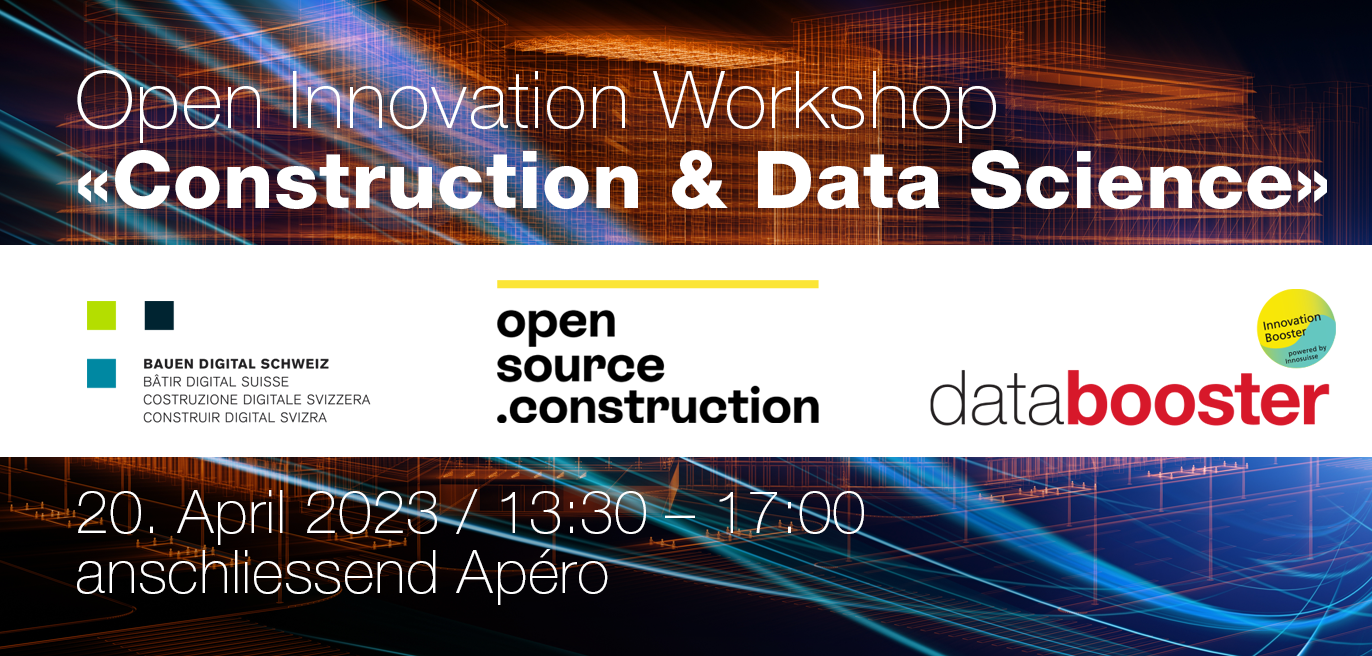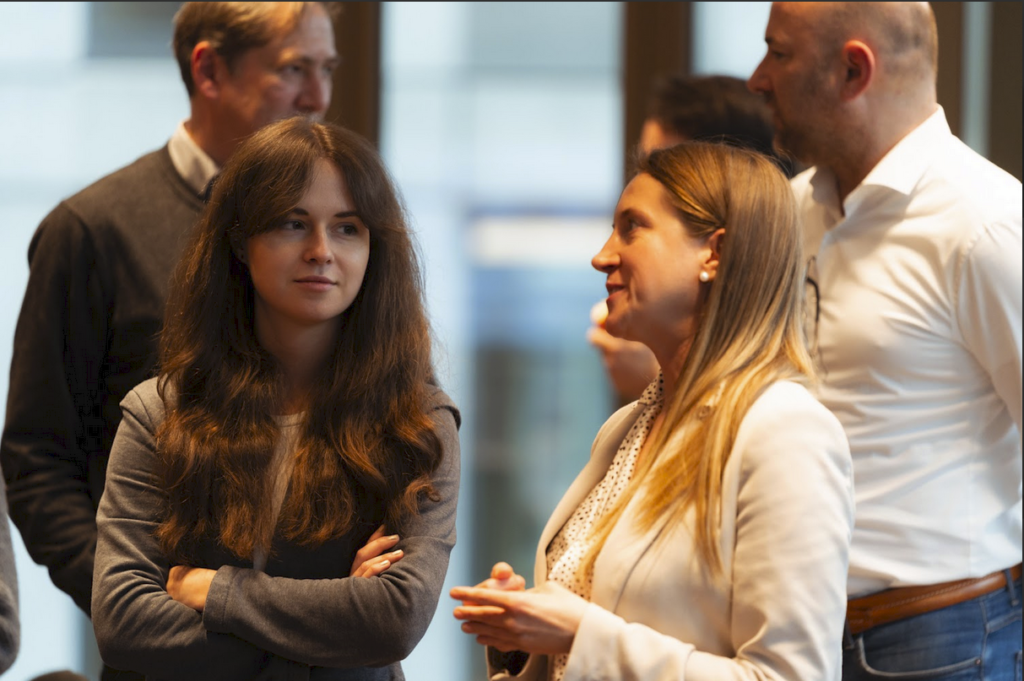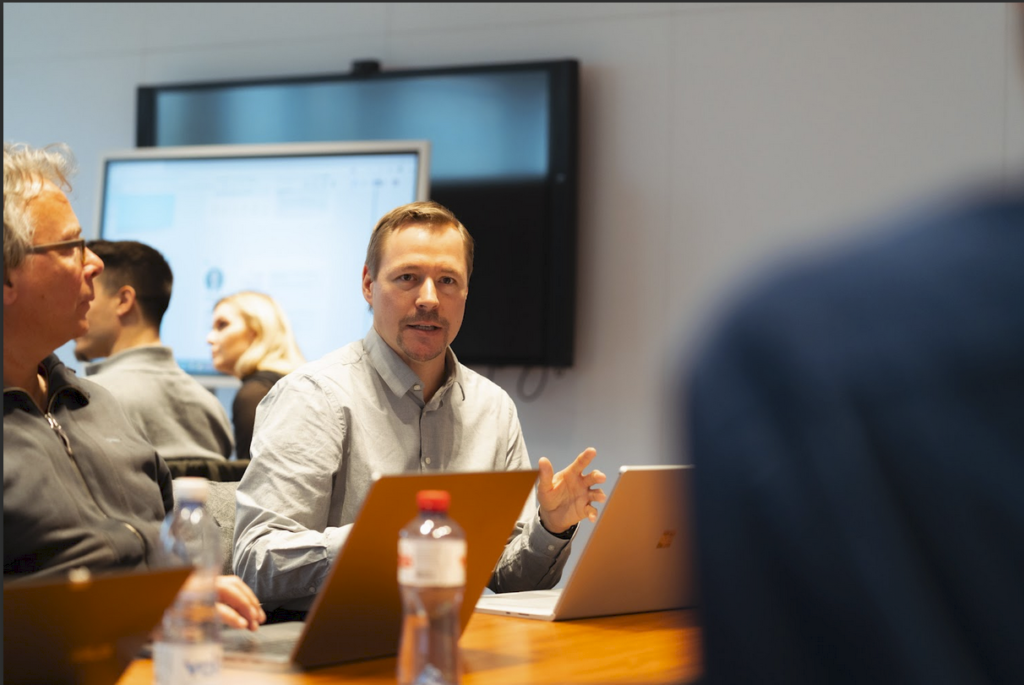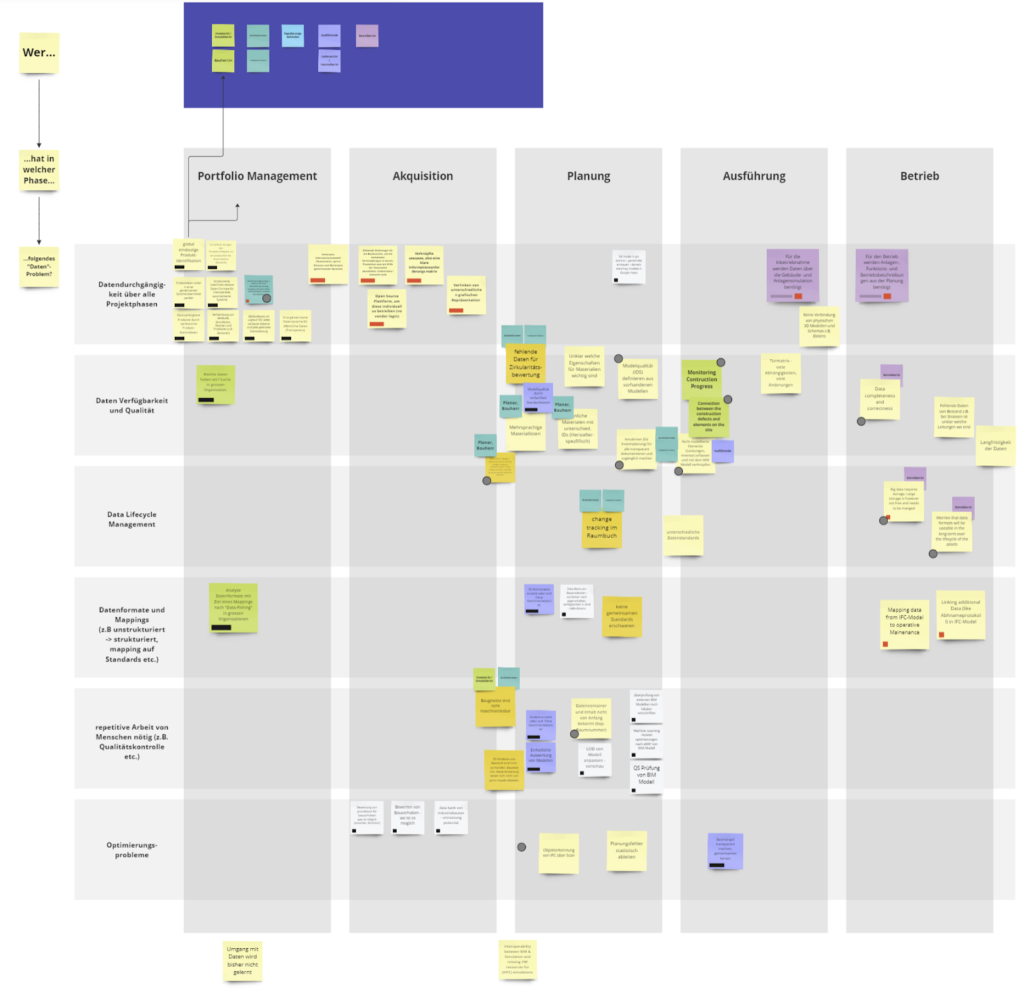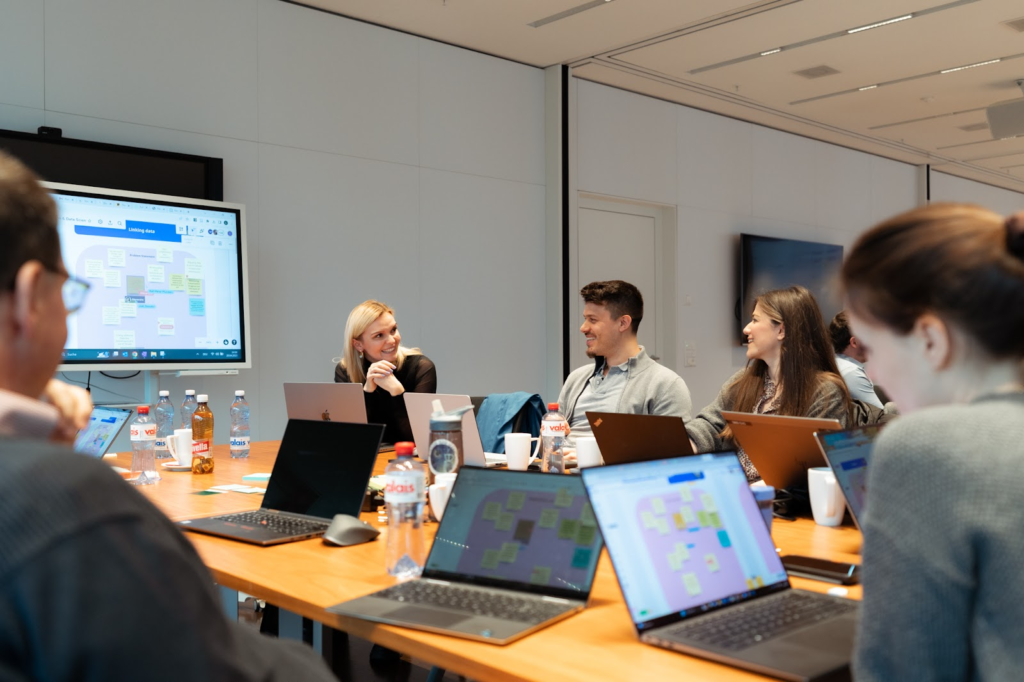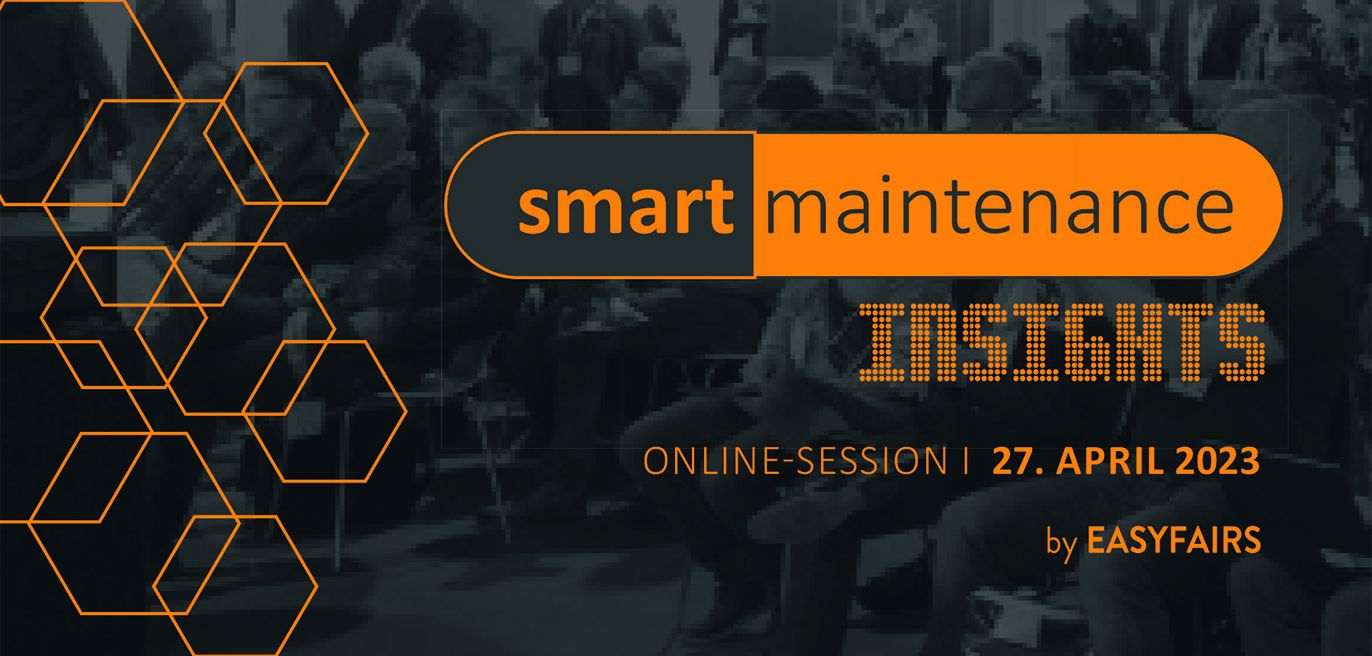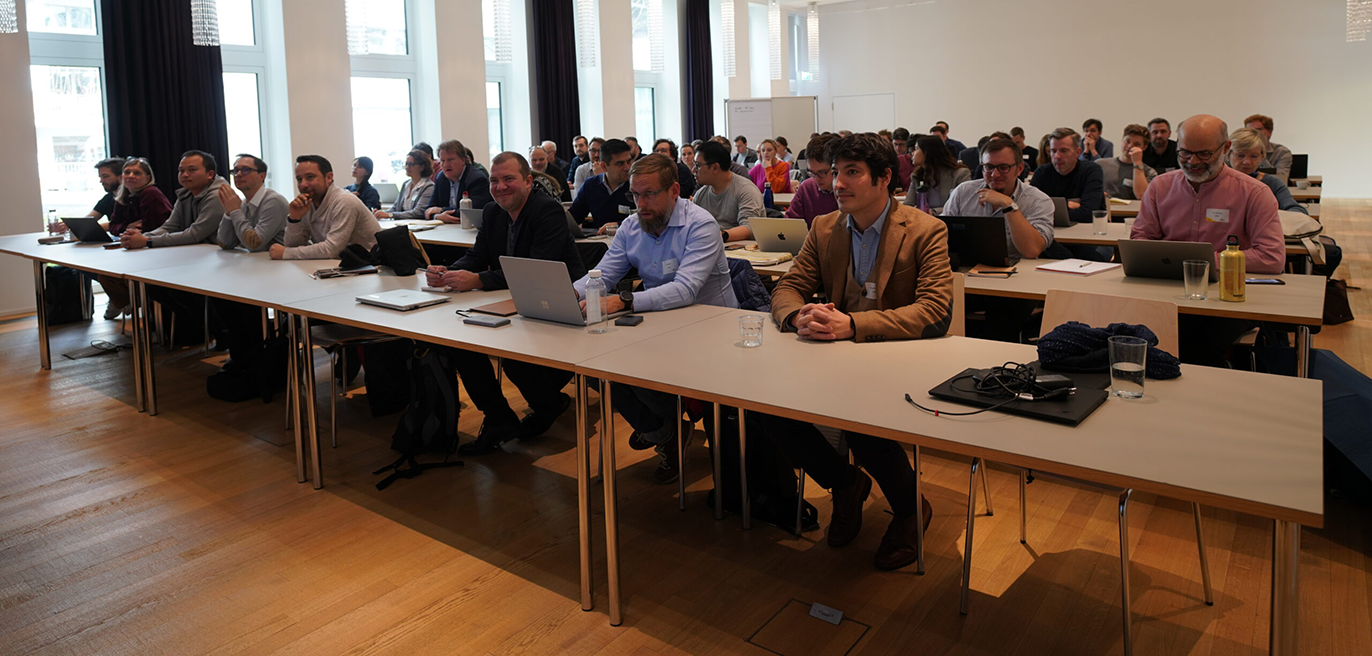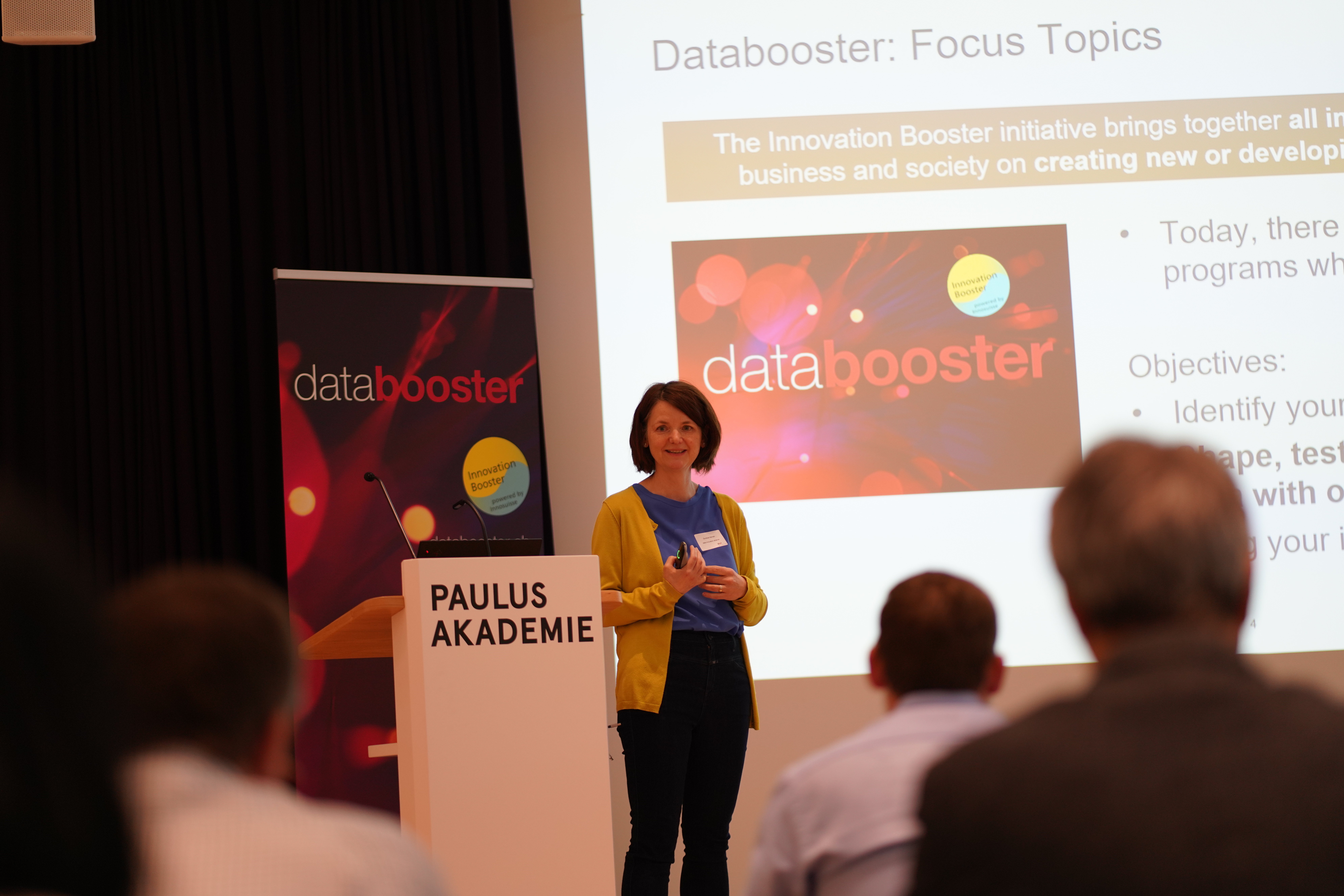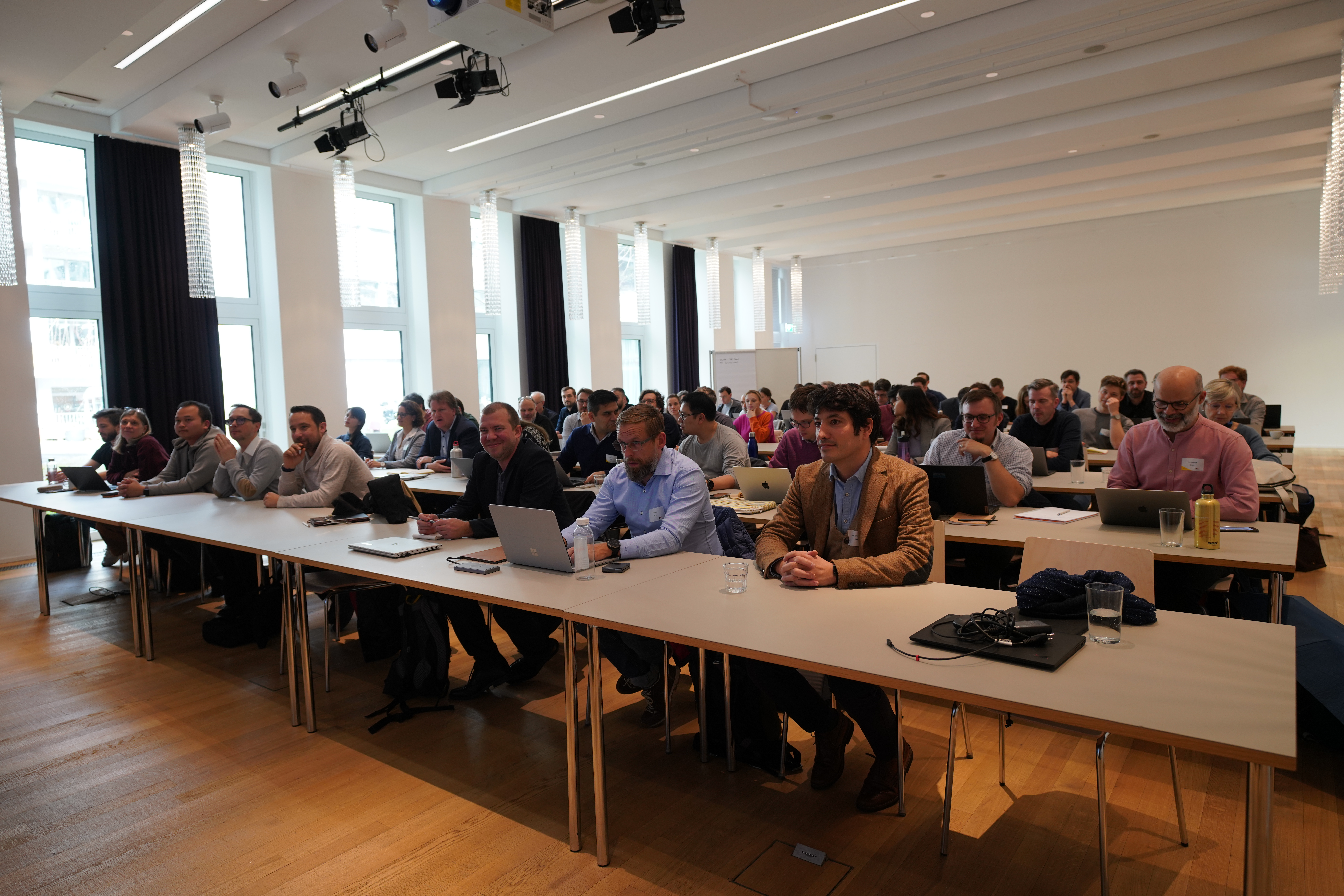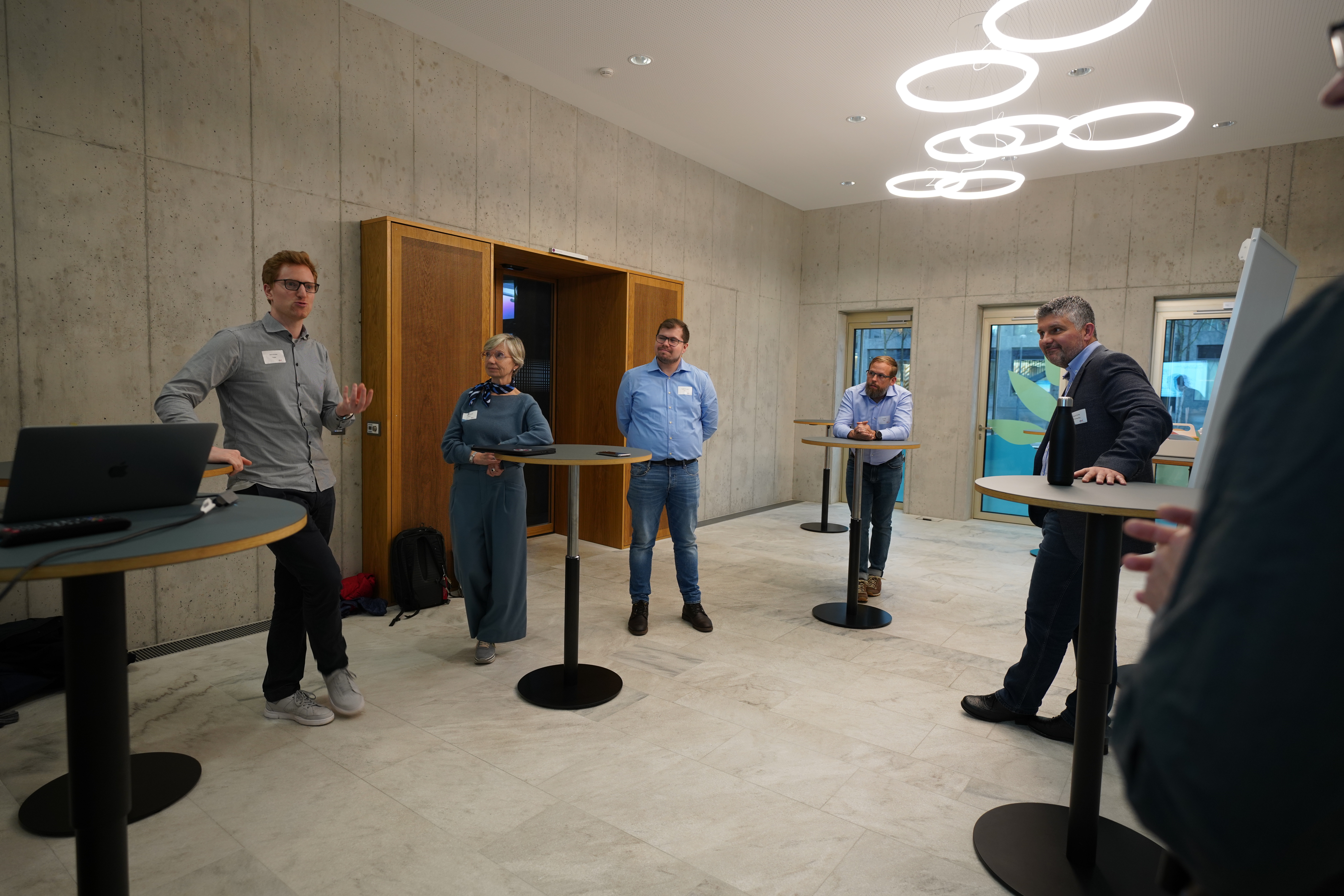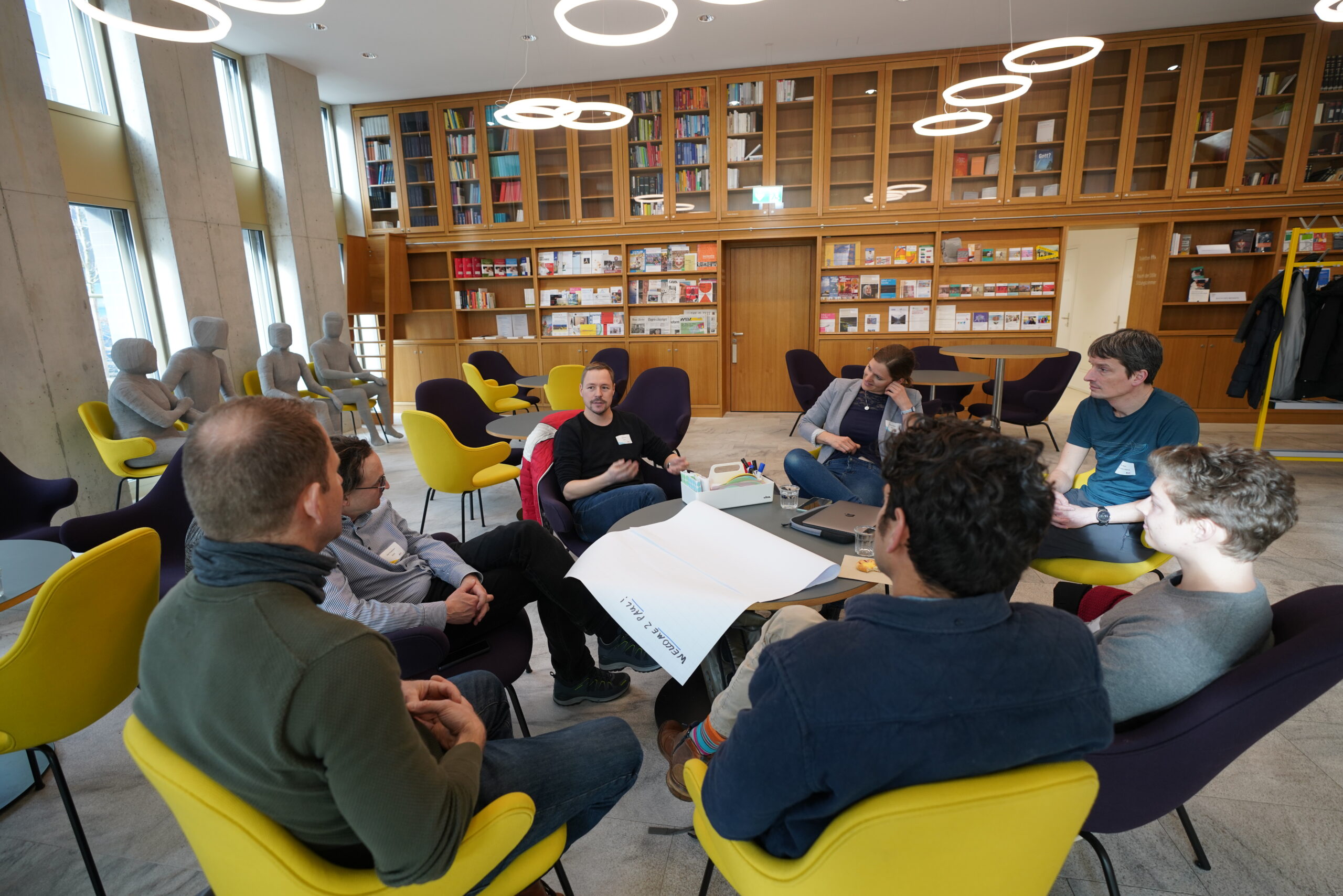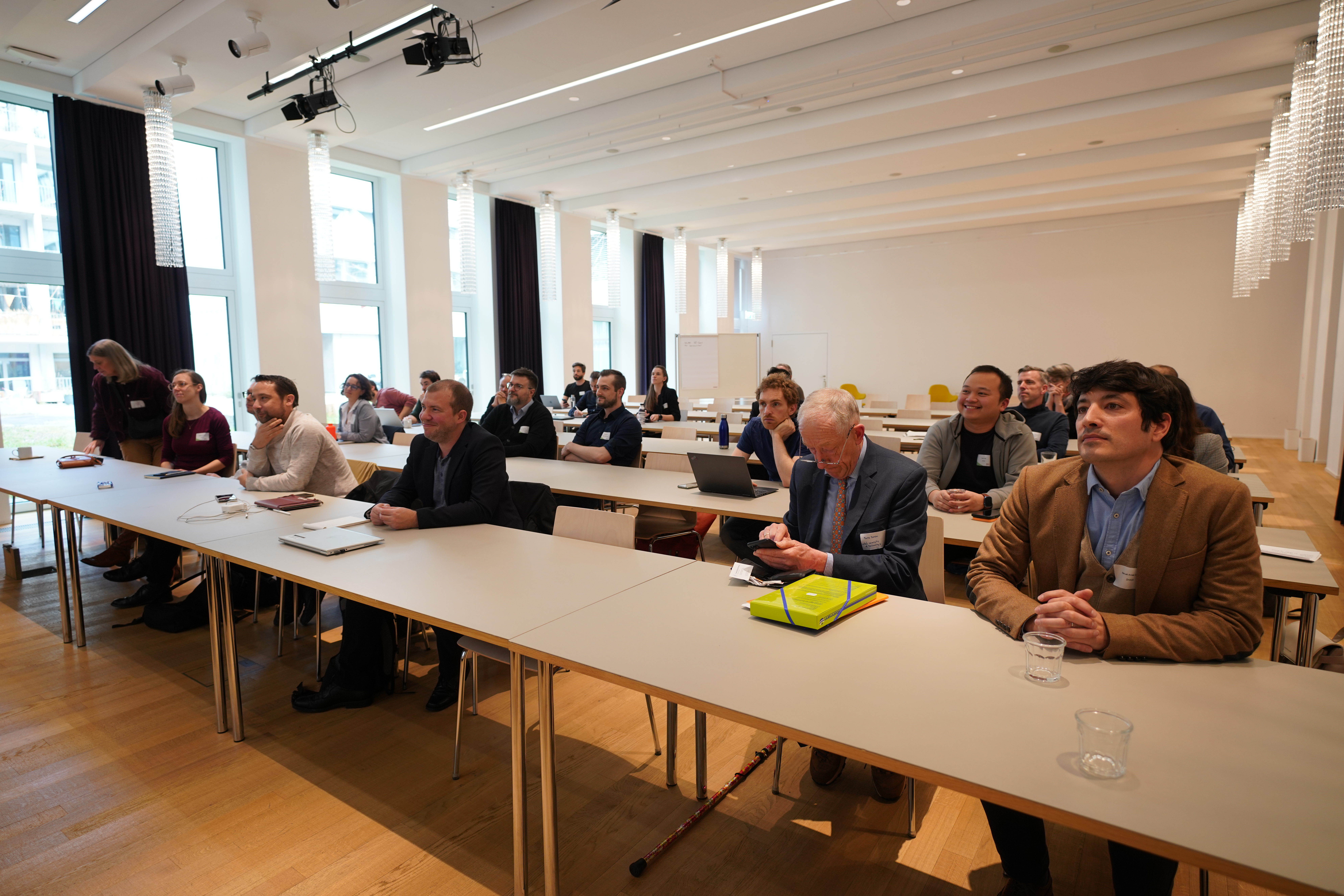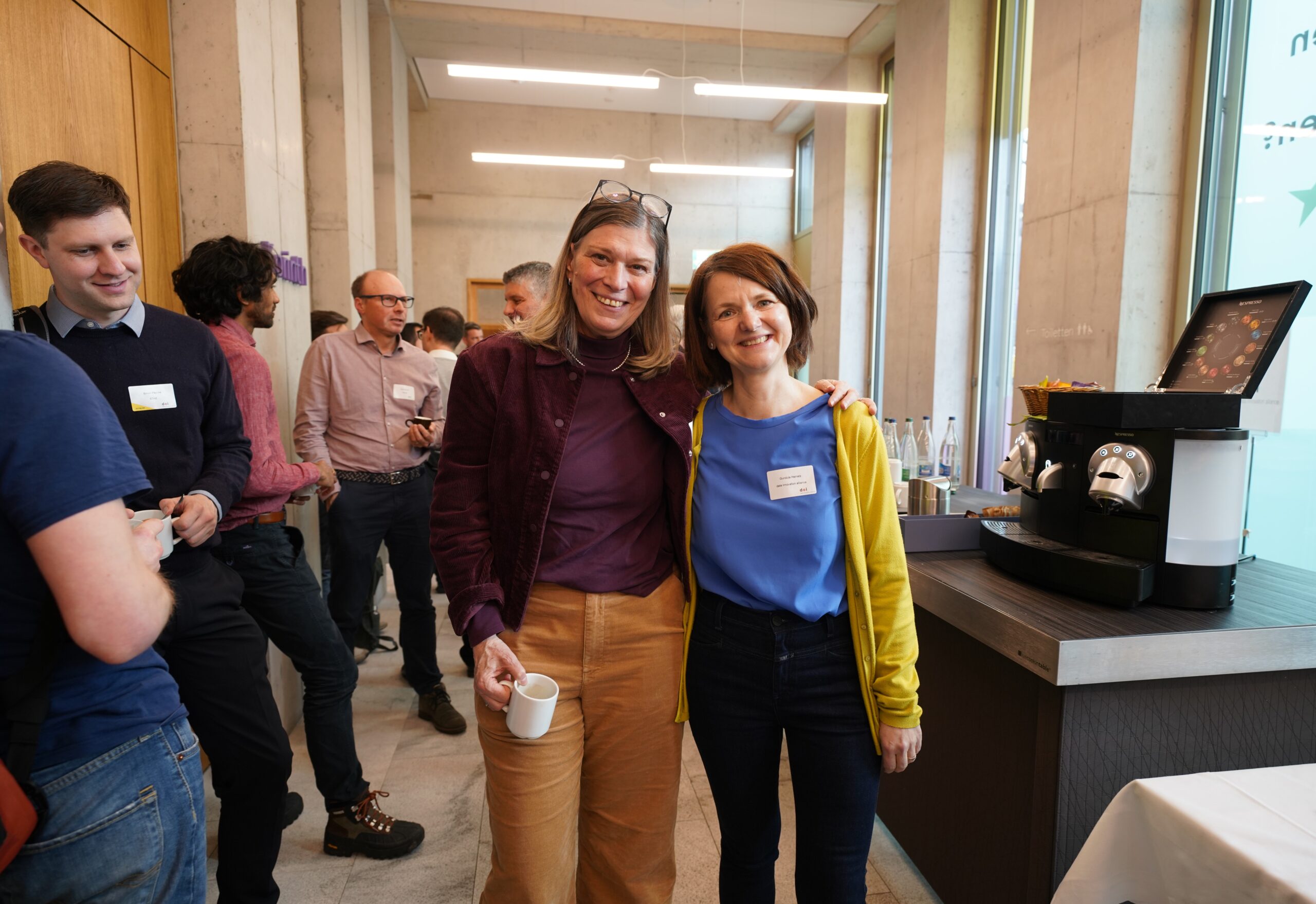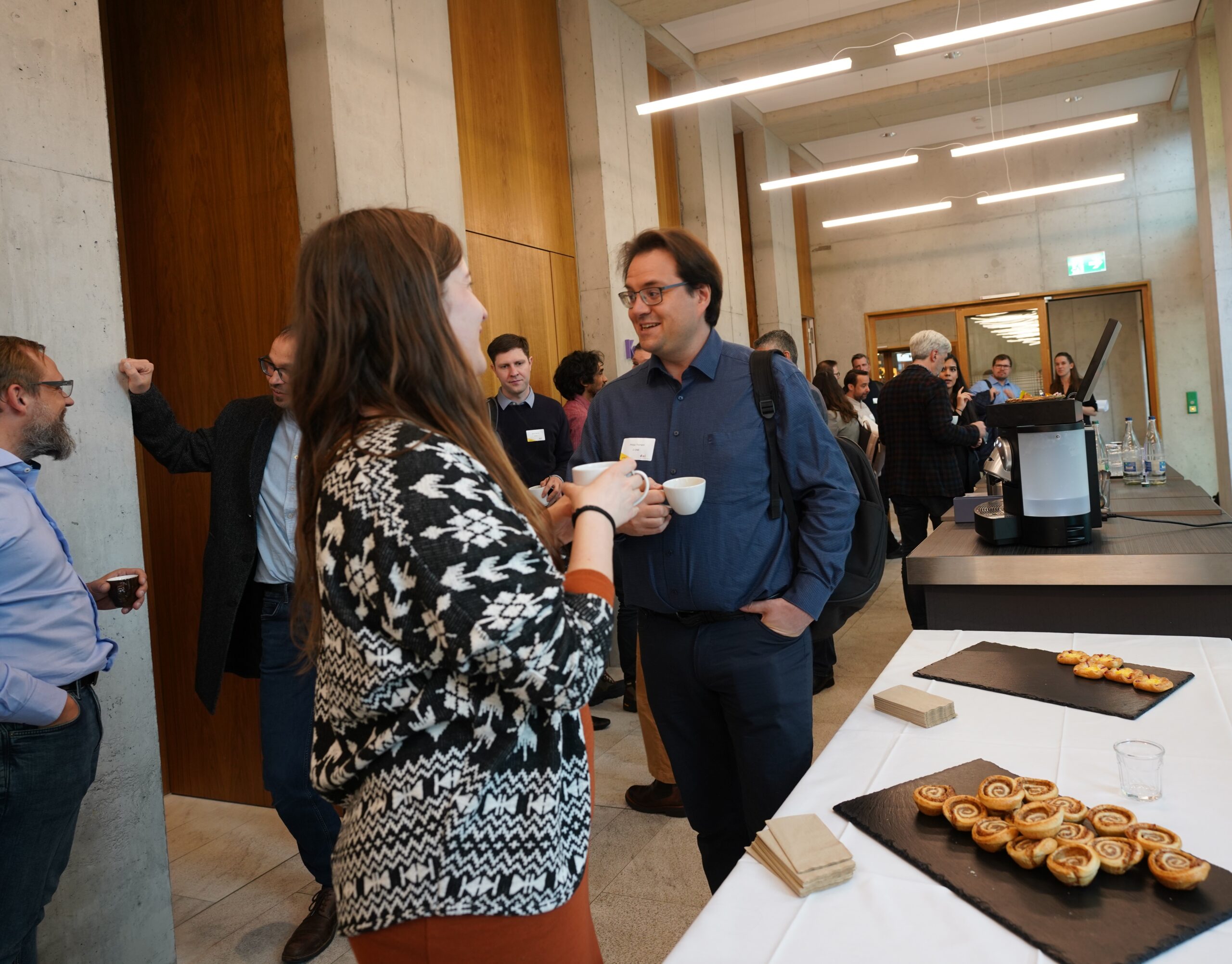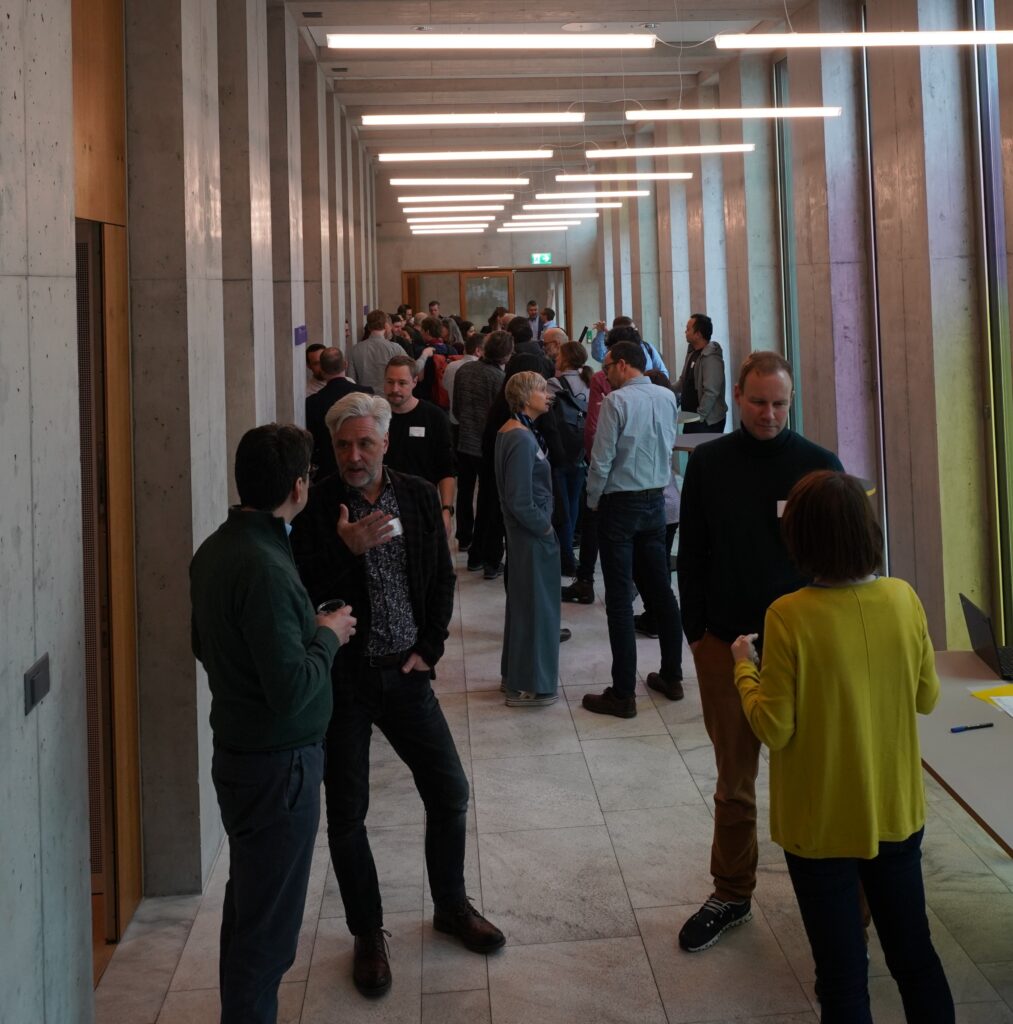GEOSummit – Open Data Value Creation
We would like to invite you to the GEOSummit open innovation workshop on “Open Data Value Creation”, hosted by ERNI in Zurich.
Creating value based on open data is difficult, as topics such as harmonization of data formats, automatic data lineages or the standardization of data linkage processes are technically challenging and also not unproblematic from a regulatory point of view. But even supposedly simpler steps such as contextualized data search and raising awareness of the availability of open data in general have only been implemented to a very limited extent.
In this workshop, we would like to invite stakeholders from research, industry, NGOs and the public sector to work on solutions and to define concrete steps on how to improve value creation through open data. Dr. Jürg Meierhofer (ZHAW) will be our moderator and guarantees a result-oriented, structured approach to the workshop.
As thematic use-case we will focus on the energy sector. This includes, for example, the analysis of consumption data collected by sensors and smart meters – or, more generally, exploiting the potential of energy management systems due to the increasing electrification. Especially with regard to energy savings (e.g. usage-specific lighting scenarios), these so-called IoT recommender systems have the potential to deliver great added value. These areas are not detached from the building shell, which brings us back to the various smart building & construction technologies and of course to the electricity providers (e.g. with regard to dynamic tariffs). in this context, we discuss topics such as data protection, data infrastructure and data management, open platform ideas for data sharing and trading and the smart services that could be built on them.
The workshop is co-organized by the data innovation alliance and the SGPF.
Free participation, but registration is necessary: Link
Wir möchten Sie zum GEOSummit Open Innovation Workshop “Open Data Value Creation” einladen, der von ERNI in Zürich veranstaltet wird.
Die Wertschöpfung auf der Basis offener Daten ist schwierig, denn Themen wie die Harmonisierung von Datenformaten, automatische Datenabgleiche oder die Standardisierung von Datenverknüpfungsprozessen sind technisch anspruchsvoll und auch aus regulatorischer Sicht nicht unproblematisch. Aber auch vermeintlich einfachere Schritte wie die kontextualisierte Datensuche und die Sensibilisierung für die Verfügbarkeit offener Daten im Allgemeinen wurden bisher nur in sehr geringem Umfang umgesetzt.
In diesem Workshop möchten wir Akteure aus Forschung, Industrie, Nichtregierungsorganisationen und dem öffentlichen Sektor einladen, an Lösungen zu arbeiten und konkrete Schritte zu definieren, wie die Wertschöpfung durch offene Daten verbessert werden kann. Dr. Jürg Meierhofer (ZHAW) ist unser Moderator und garantiert einen ergebnisorientierten, strukturierten Ansatz für den Workshop.
Als ein mögliches Anwendungsgebiet steht hierbei der Energiesektor im Fokus. Dazu gehört z.B. die Analyse von Verbrauchsdaten, die durch Sensoren und Smart Meter gesammelt werden – oder ganz allgemein die Nutzung des Potenzials von Energiemanagementsystemen aufgrund der zunehmenden Elektrifizierung. Gerade im Hinblick auf Energieeinsparungen (z.B. nutzungsspezifische Beleuchtungsszenarien) haben diese sogenannten IoT-Recommender-Systeme das Potenzial, einen großen Mehrwert zu liefern. Diese Bereiche sind nicht losgelöst von der Gebäudehülle, womit wir wieder bei den verschiedenen intelligenten Gebäude- und Bautechnologien und natürlich bei den Stromanbietenden Organisationen sind (z. B. im Hinblick auf dynamische Tarife) sind. In diesem Zusammenhang diskutieren wir Themen wie Datenschutz, Dateninfrastruktur und Datenmanagement, Ideen für offene Plattformen zum Datenaustausch und -handel und mögliche, darauf aufbauende “intelligente” Dienste.
Der Workshop wird gemeinsam von der Data Innovation Alliance und der SGPF organisiert.
Die Teilnahme ist kostenlos, aber eine Anmeldung ist erforderlich: Link
